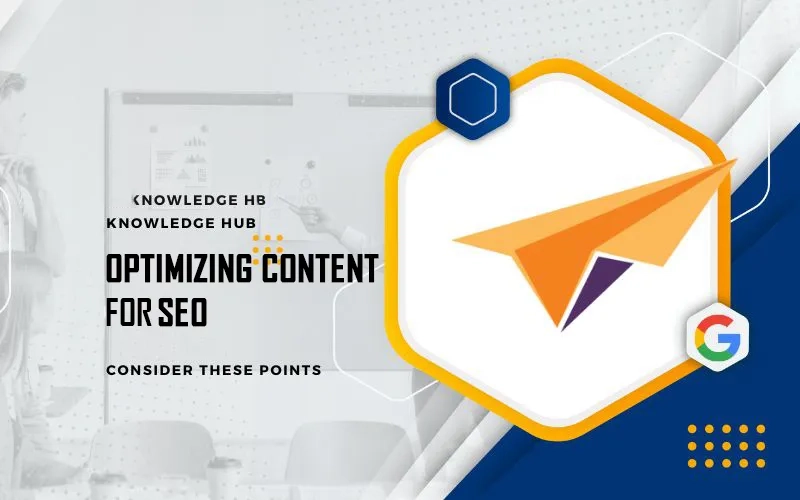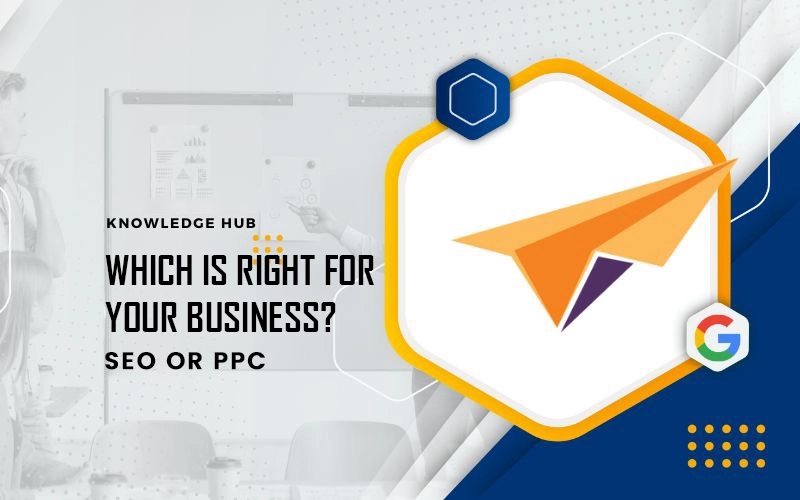Optimizing Content for SEO
By SSMD Pte Ltd, | Posted on May 3, 2024

Optimizing Content for SEO: Consider These Points
Drafting a creative and compelling content for a website is excellent.
But what if it’s not optimized with SEO?
Can it help your page rank higher in SERP or attract organic traffic to your website?
Not at all.
That’s why optimizing your content for SEO is crucial. It’s the key to unlocking higher page rankings in SERP and attracting valuable organic traffic to your website.
So, what is significant to be considered when optimizing content for SEO?
Any hunches?
No worries if you don’t have a clue about it. Go through this blog and get the right information now.
Compelling Content + Optimization = Top Rank on the Search Engine Results Page
Yeah, the subheading you read is apt.
Content optimization for SEO is of utmost importance. So, what should we consider before optimizing content for SEO?
Let’s explore some valid points now!
-
Identifying Relevant Keywords
Keywords are essential in content optimization for SEO. The relevant keywords and phrases must be identifiedaccording to the target audience. They use distinct tools to find high-search-volume and low-competition keywords.
-
High-Quality Content
To optimize the content for SEO, it should be compelling, valuable, and quality according to your target audience. Well-versed, engaging, and informative content effectively retains the audience.
-
Placement of Keywords
Keyword placement plays a major role in the optimization of content for SEO . Placing keywords in the meta title, meta tags, headings, and body of the content helps optimize the content appropriately.
Using excessive keywords in the content can be harmful. So, avoid placing too many keywords in the content, and let the content optimization happen at its best.
-
Properly Structure the Content
An appropriate content structure with proper headings, paragraphs, and bullets enhances readability, which in turn leads to better understanding by search engines.
-
Don’t Forget to Optimize Meta Tags
Creative and captivating meta tags and titles, inclusive of relevant keywords that provide an overall summary of your content, work the best in content optimization for SEO. Meta tags are essential to enhancing rankings and clicks, so optimizing meta tags is to be considered well.
-
Creation of SEO-Friendly URLs
The URLs should be structuredproperly. The URLs should be relevant, concise, and descriptive, followed by the right keywords. URLs should never contain numbers and special characters. Hyphens are the best to be used to separate the words.
-
Use Internal Linking
Internal links in the content linking to the related pages on the website are perfect. Internal links are necessary to get your website indexed properly.
So, focus on internal linking while optimizing content for SEO.
Content optimization for SEO must consider many other points, including mobile optimization, image optimization, up-to-date content, etc.
If you want more information on this, don’t hesitate to contact our experts now!

 By SSMD Pte Ltd,
By SSMD Pte Ltd,

